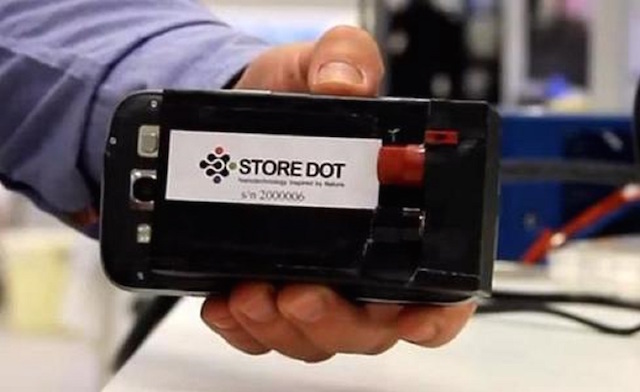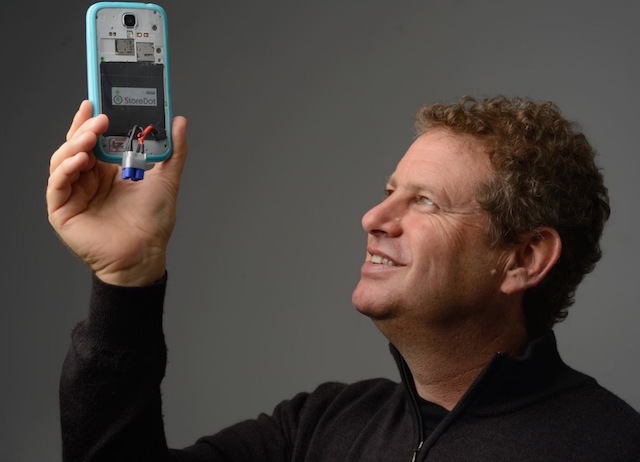
Israeli start-up company StoreDot has shown its fast-charging battery technology can fully charge smartphones in 30 seconds – and now it is working on a battery for electric vehicles (EVs) that can be charged in under five minutes.
It could be available by 2020 and thus speed up the adoption of EVs. “The reason that adoption is slow is because charging is slow,” StoreDot CEO Doron Myersdorf told US website The Drive.
“People don’t want to charge overnight. But fast-charging networks are the solution for the mass adoption for electric vehicles.”
But there’s a downside – and that’s the grid. The amount of energy required to power a number of these stations at once can equal that drawn from the grid by an entire neighbourhood.
Most current EVs are able to charge to 80 per cent in as little as 30 minutes using 50kW DC charging stations. Charge Net NZ last year partnered with BMW NZ to set up 100 such stations throughout the country.
EV carmaker Tesla uses its proprietary network of 120kW Superchargers to power up the batteries quicker again. Now carmakers in Europe – BMW, Daimler, Ford, Volkswagen – are collaborating on hyper-fast 350kW stations.
But there are no EVs on the market that can take advantage of the 350kW stations. That’s where StoreDot’s scientists come in. Four teams in laboratories in Israel are redesigning each EV battery component – anode, cathode, electrolyte and separator – to use new materials that are safer and less flammable to deal with higher temperatures.
StoreDot says the redesigned batteries won’t be more expensive, because the new materials cost the same as the ones being replaced.
“There are some additional costs for resistance with cable and connectors, but in terms of the battery itself, we are on the same curve as lithium-ion that will go down with volume,” said Myersdorf (pictured above).
Myersdorf founded the company with Prof. Simon Litsyn and Prof. Gil Rosenman. Litsyn was once the chief scientist Sandisk.
StoreDot has raised more than US$76 million from investors such as Russian billionaire Roman Abramovich and Samsung Ventures, the investment arm of the South Korean electronics giant.
The US Government is also paving the way for hyper-fast charge stations. Former President Obama last year earmarked US$4.5 billion in Department of Energy loans to help development and infrastructure.
Whether new US President Trump’s administration will support the programme is not known. His powerful Secretary of State is Rex Tillerson, the former CEO of oil and gas giant ExxonMobil and former chairman of the American Petroleum Institute. Tillerson was endorsed by the Republican-lead foreign relations committee by one vote: 11-10.

